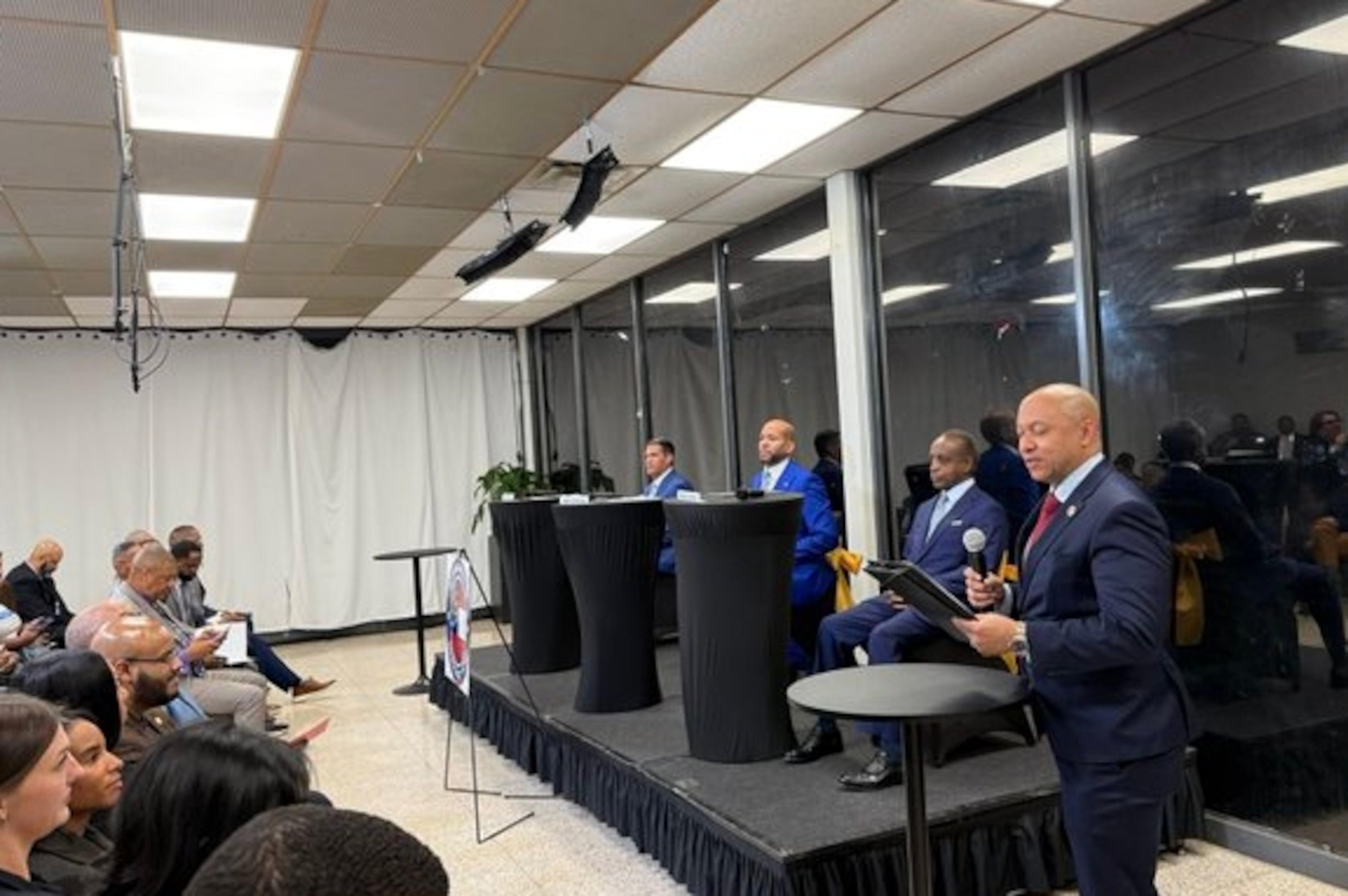Democrats have a 2028 problem: ‘Left-behind’ Americans feel abandoned by them

If the first rule of Fight Club is “you do not talk about Fight Club,” then the first rule for a Democratic version of the Republican Project 2025 should have been “don’t call it Project 2029.”
Yet that’s just what its organizers did.
In an announcement in July, they promised new ideas and an agenda for the next Democratic president.
But the key to the Democrats’ future may lie in an unfulfilled old promise.
People living in hundreds of places across the nation feel that Washington has forgotten their hometowns.
Their hometowns have lost population, and many of those who remain are living in poverty. While a lot of these places are in the Rust Belt, many are also in the South.
Dems did not focus enough on non-college-educated voters
In 2024, on behalf of the U.S. Treasury Department, I visited more than 40 of these places. In Georgia, I went to East Point, an Atlanta suburb where fewer people live today than in the 1970s and poverty is just over 23%.

I also went to rural Ben Hill County, where the poverty rate is even higher at 25.7%, and Early County, where population is down by 60% from a century ago. In Albany, the city lost 9% of its population between 2010 and 2020, and the poverty rate is nearly 30%.
Over the last 50 years, Democrats have increasingly supported policies “compensating losers” to mitigate economic harm to the working class and the poor who frequently live in these “left-behind” communities.
Democrats strongly advocated redistributive policies — higher taxes for the rich to pay for health care or tax credits for the poor and working class. In a paper for the National Bureau of Economic Research, authors Ilyana Kuziemko, Nicolas Longuet Marx and Suresh Naidu, however, found that this approach is more favored by college-educated voters than by poor and working-class voters without a college degree.
Non-college-educated voters prefer pre-distribution policies that support unions, a more worker-friendly trade policy and higher wages.
Providing a safety net for poor and working-class voters in left-behind communities is essential, but it doesn’t produce the economic vitality needed to create wealth needed to support local governments working to keep neighborhoods safe and provide quality public education. Compensating losers doesn’t help if the goal is to save your hometown.
Leaders offered platitudes but no real solutions on economic issues
In 1960, the Democratic Party platform called for a new federal role: “(W)hole communities, urban and rural, have been left stranded in distress and despair, through no fault of their own. … Stricken communities deserve the help of the whole nation.”
While the Kennedy and Johnson administrations sought to fulfill this promise, Republicans turned back those efforts in the 1970s and 1980s. There was no comparable federal effort when Democrats came back into power under Presidents Carter and Clinton.
In 2008, then-Sen. Barack Obama, D-Illinois, said, “(Y)ou go into these small towns. … The jobs have been gone now for 25 years and nothing’s replaced them. And they fell through the Clinton administration, and the Bush administration, and each successive administration has said that somehow these communities are gonna regenerate and they have not. And it’s not surprising then they get bitter...”
In 2016, Democratic presidential nominee Hillary Clinton famously described some of then-Republican nominee Donald Trump’s supporters as a “basket of deplorables.” But she also said that some of his supporters were in “that other basket of people who are people who feel that government has let them down ... (They don’t want to see) their jobs disappear. … Those are people we have to understand and empathize with as well."
For many, understanding and empathy sounded more like “thoughts and prayers” than a solution.
Biden made a difference and got little credit in 2024

President Joe Biden was the first Democratic president in more than 50 years to work to ensure that “left-behind communities” had real opportunity for an economic comeback. Starting with the American Rescue Plan, hundreds of billions of federal dollars went to these places.
Still, many Democrats believe that economic mobility meant that, rather than staying and fighting for their hometowns, people wanting opportunity should just move. During the 2024 fall campaign, there was virtually no discussion of the Biden administration’s efforts. And for many living in these places, it was too little and too late anyway. People were angry that they had been forgotten by their federal government.
Fight Club’s next-to-last rule is “fights will go on as long as they have to.” Working-class voters in left-behind communities are angry that Democrats gave up their fight. Unless we gain back their trust by recommitting to helping to revive their hometowns, we won’t need a Project 2029.
David R. Eichenthal is based in Chattanooga, Tennessee, and is a visiting research scholar at the Center for Urban Research at the CUNY Graduate Center. After working in and with local governments for 30 years, he served in the Biden White House. He previously ran an Obama-Biden administration effort, the National Resource Network, which provided technical support to more than 60 economically challenged cities.


